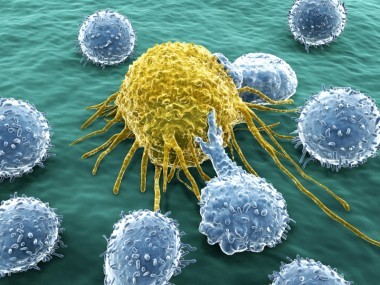Prostate Cancer Q&A Call Only! See related products below for the Cancer Webinar
This month’s webinar is Prostate Cancer:
Last month, we tackled breast cancer, the #1 epithelial cancer among women. This month, we’re taking a look at Prostate Cancer, the #1 male epithelial cancer. 400,000 men get prostate cancer per year, compared to 290,000 women. While women rally together for support in dealing with breast cancer, for men, often the only conversations about the issue are between a man and his urologist.
If you are a man or know a man, you’ll love this webinar. There are two things you likely want or need to know about prostate cancer: “How do you avoid it?” and “What do you do if you get the diagnosis?”
Twenty years ago, people believed high testosterone caused prostate cancer; but that’s not true. It’s the actually the reverse–those with low testosterone are at the greatest risk for prostate cancer. Some common contributors to prostate cancer, besides low testosterone, include:
- Altered insulin response
- High levels of inflammation
- Poor body composition
- Not watching your circadian cycles
In this webinar, we are going to explore:
- The nutrigenomics of prostate cancer — how do you avoid it?
- If you get the diagnosis, should you have surgery?
- How do urologists typically treat prostate cancer–and should you trust them?
- What can you do in the kitchen to avoid prostate cancer?
Surgery for prostate cancer causes impotence – the #1 complication from the surgery. And there’s a 30{a7b724a0454d92c70890dedf5ec22a026af4df067c7b55aa6009b4d34d5da3c6} complication rate. Other complications include radiation damage, bladder injury, damage to the urinary system, and loss of bowel / bladder control.
Impotence affects longevity. The more orgasms a guy has, the longer he will live (the ideal number of orgasms for a guy annually is 100).
There are horrible complications from the surgery for prostate cancer, and unlike for women who get breast cancer, there is no reconstruction. But here’s what’s really interesting: Without surgery, most people live 22 years!
You can treat prostate cancer in the kitchen, by doing very specific things to change your lifestyle.


